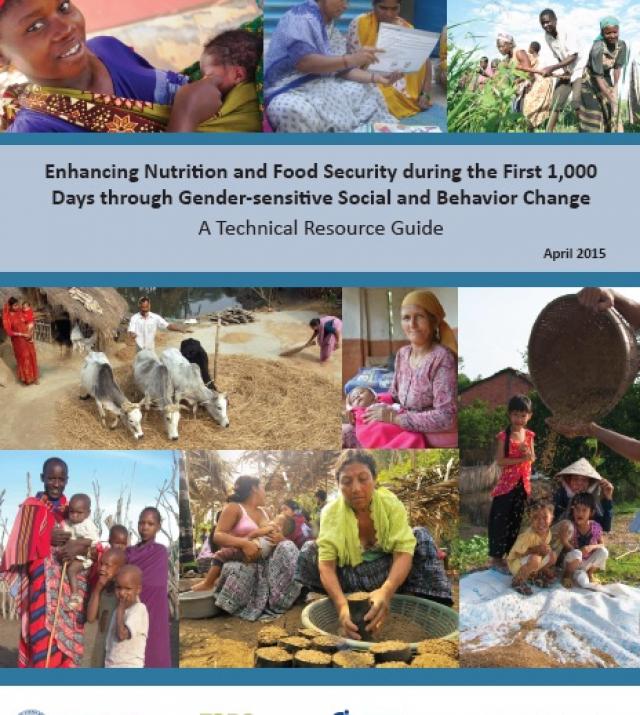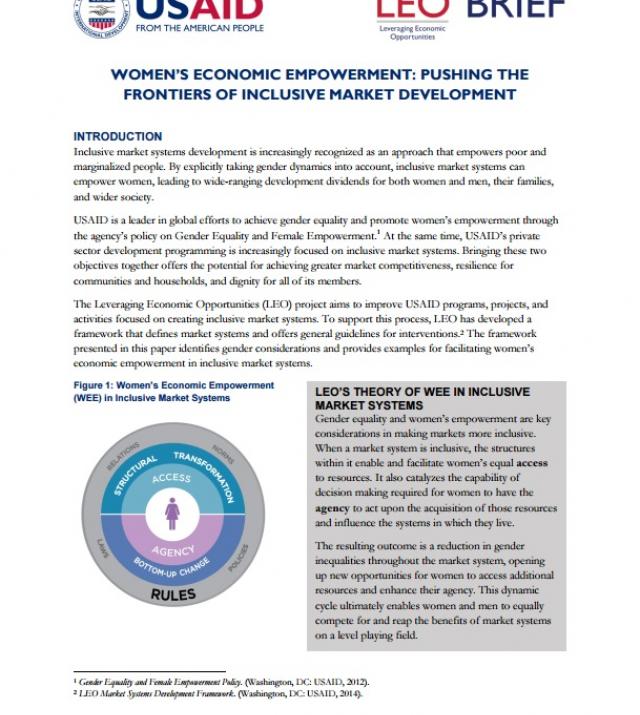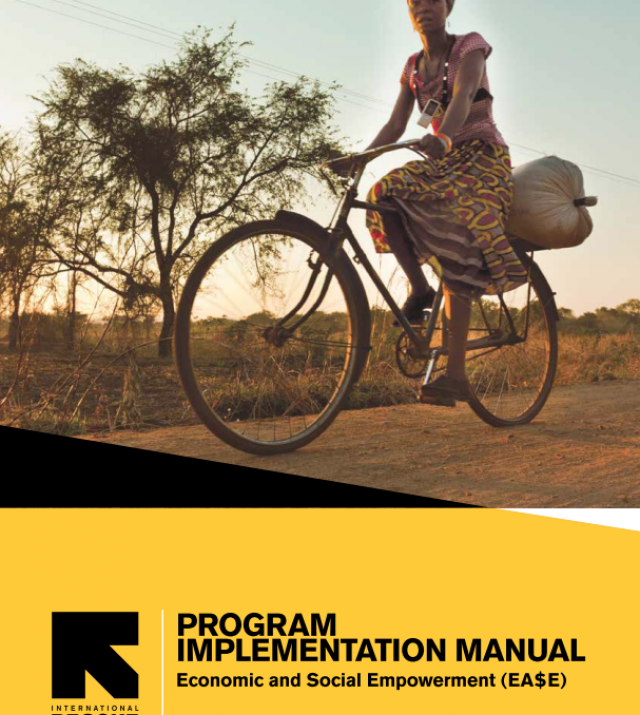
Nurturing Connections - Adapted for Homestead Food Production and Nutrition

It is widely agreed that women's empowerment is an important factor in improving the effectiveness of food security and nutrition programs. Nurturing Connections draws on HKI’s decades of experience in Bangladesh implementing Enhanced Homestead Food Production (EHFP) to strengthen its approach for challenging the imbalance in intra-household power relations that underpin women's exclusion from decision-making, poor health, and food insecurity. EHFP is designed to empower women in their capacity to produce and contribute to household income while improving the quality and diversity of nutrition for their children and themselves. Nurturing Connections takes the program further to support not just young women, but also their husbands, senior family members and the surrounding community to work together to confront and overturn broader gender-based discrimination. The curriculum provides a progressive series of facilitated discussions, each 2-3 hours in length conducted in the community. Initially participants meet separately in peer groups: mothers (beneficiaries); their husbands; and influential elders. At the end of each discussion “bloc,” these groups come together to share their learning and build a shared vision for change. The original version of the curriculum has been adapted for a number of agricultural programs across different regions of Bangladesh, and a grant from the TOPS project supported one of these refinements.
HKI has also adapted the curriculum for the culture and context of communities in two countries of Francophone West Africa. This process involved a desk review of the existing manual and relevant supporting documents (e.g., literature on gender and agriculture in Côte d’Ivoire and Senegal, project documentation, and research on past women’s empowerment projects), followed by iterative revisions by the gender, agriculture and nutrition experts within HKI and its partner in the undertaking, the International Center for Research on Women (ICRW). The team modified exercises that had worked less well in earlier implementations and adapted or removed exercises that did not work well within the West African context.
While developed for specific settings, by adjusting examples and discussion points to local contexts either manual can be adapted further to any area where lack of equal power relations between genders poses a barrier to household health and well-being.

